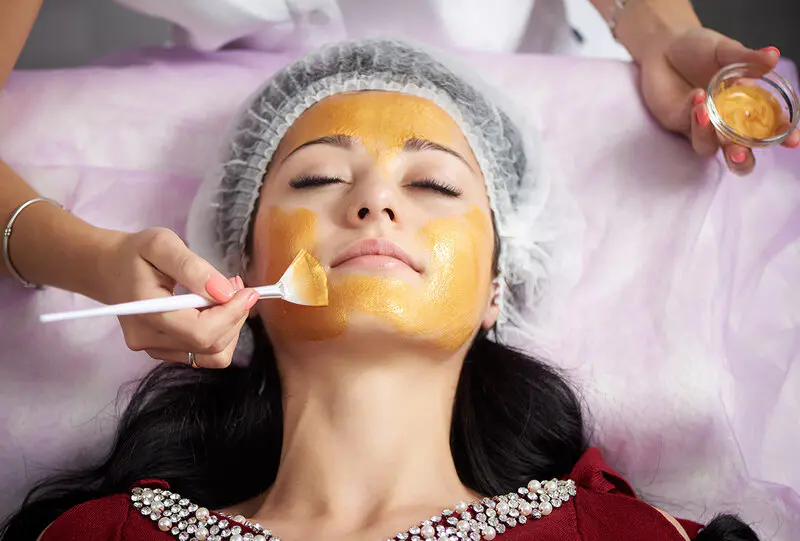Sustainability has emerged as a critical issue in the realms of fashion and beauty, with these sectors actively seeking ways to minimize their ecological footprint. There is a growing inclination towards practices that are more in tune with the environment, such as utilizing sustainable materials and adopting greener packaging solutions. This evolution is propelled by a consumer base that is becoming increasingly aware of ethical considerations, calling for greater transparency and innovation from these industries as they strive for a more sustainable future.
Eco-Conscious Packaging in the Beauty Sector
The beauty sector is witnessing a transformative shift towards packaging that is more environmentally responsible. Industry leaders are increasingly eschewing single-use plastics in favor of recyclable or biodegradable materials. Pioneers like Lush are setting an example by introducing solid shampoo bars that eliminate the need for packaging. Additionally, there is a surge in interest for refillable packaging, which promotes the reuse of containers and helps to cut down on waste.
Sustainable Practices in Fashion
The fashion industry is embracing the concept of slow fashion, advocating for a more thoughtful approach to acquiring clothing. This ideology encourages consumers to invest in fewer, higher-quality garments that are built to endure, rather than succumbing to the disposable culture of fast fashion. Brands such as Patagonia and Stella McCartney are at the forefront, utilizing organic materials, recycling textiles, and upholding ethical labor standards. Consumers are also turning to pre-owned clothing, thrift shopping, and clothing rentals as environmentally friendly alternatives.
Clean Beauty: Safe and Non-Toxic Skincare
The clean beauty movement is gaining traction in the skincare sector, with consumers demanding products devoid of harmful chemicals. The industry is responding by prioritizing natural, plant-derived ingredients that are healthier for both individuals and the environment. This movement is spurring innovation in the development of products that are not only effective but also sustainable, such as biodegradable makeup removers and refillable skincare packaging.
Conclusion
The beauty sector is steering towards a more sustainable trajectory. With the emphasis on sustainability growing stronger, both fashion and skincare brands are incorporating eco-friendly packaging, sustainable materials, and non-toxic products into their offerings. This steadfast dedication to ethical and eco-friendly practices is redefining the industry, ensuring that beauty is not just an aesthetic concept, but also a sustainable one for future generations.










